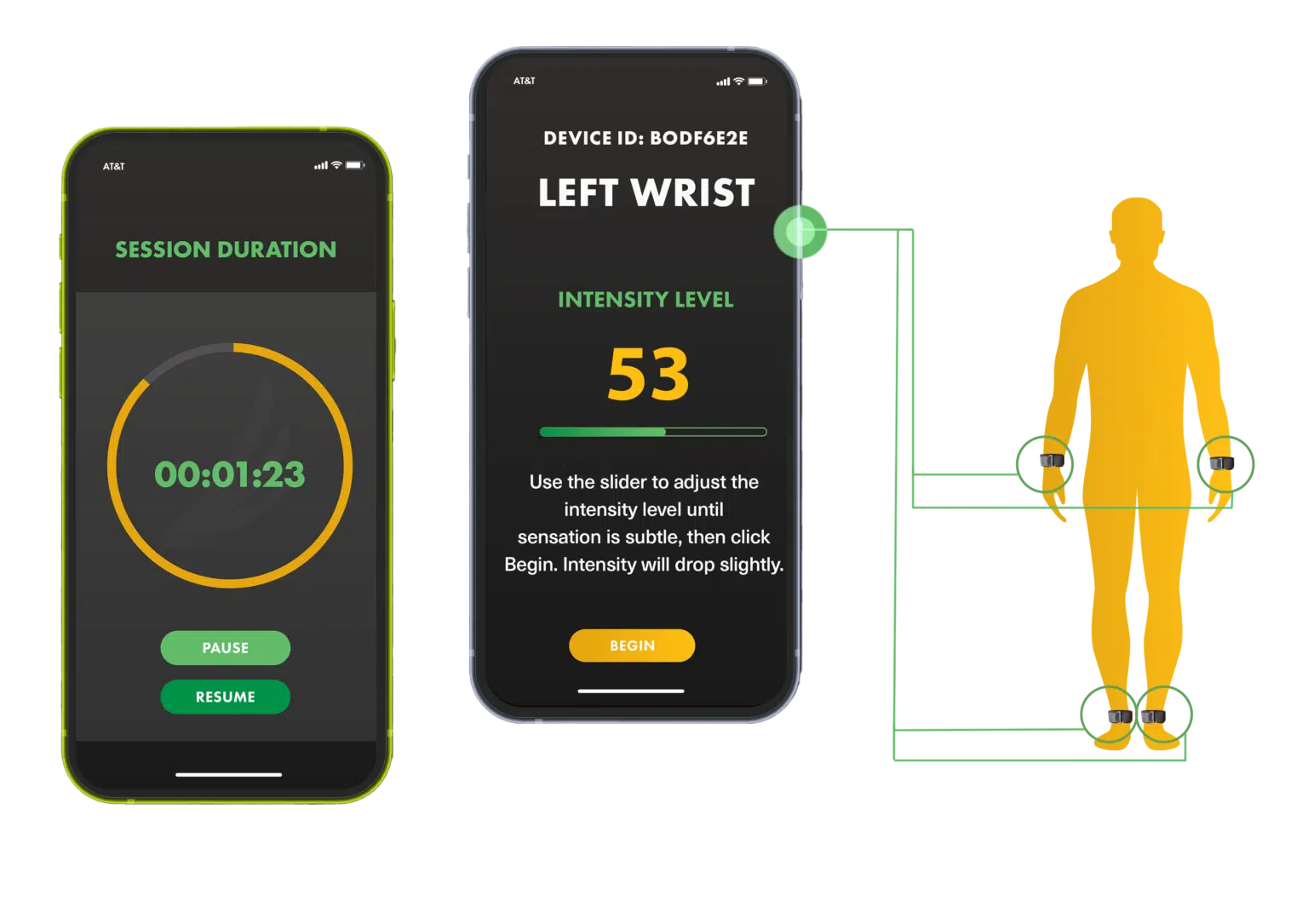Neurological conditions can be difficult to manage and diagnose, but recent technological advancements have made it easier to find treatments. In this article, you'll learn about how devices can help those with neurological conditions, as well as the benefits that come along with using them. From improved mobility to reduced stress levels, discover the potential advantages for yourself or a loved one. The Accelera.us wrist device is a cutting-edge technology that was specifically designed to help neurological patients.

There are many neurological conditions that can benefit from the use of assistive devices. Some of the most common conditions that can be helped by devices include:
Alzheimer's disease: Assistive devices can help Alzheimer's patients with activities of daily living, such as bathing, dressing, and eating. Devices can also help Alzheimer's patients stay safe by providing reminders to take medications or providing visual cues for tasks that need to be completed.
Dementia: Dementia can cause problems with memory, thinking, and reasoning. Assistive devices can help dementia patients with activities of daily living and provide reminders for medications or appointments.
Stroke: Stroke can cause paralysis on one side of the body. Assistive devices can help stroke patients with activities of daily living and mobility.
Parkinson's disease: Parkinson's disease can cause tremors and problems with movement. Assistive devices can help Parkinson's patients with activities of daily living and provide support for walking and moving around.
Multiple sclerosis: Multiple sclerosis can cause problems with balance and coordination. Assistive devices can help multiple sclerosis patients with activities of daily living and provide support for walking and moving around.